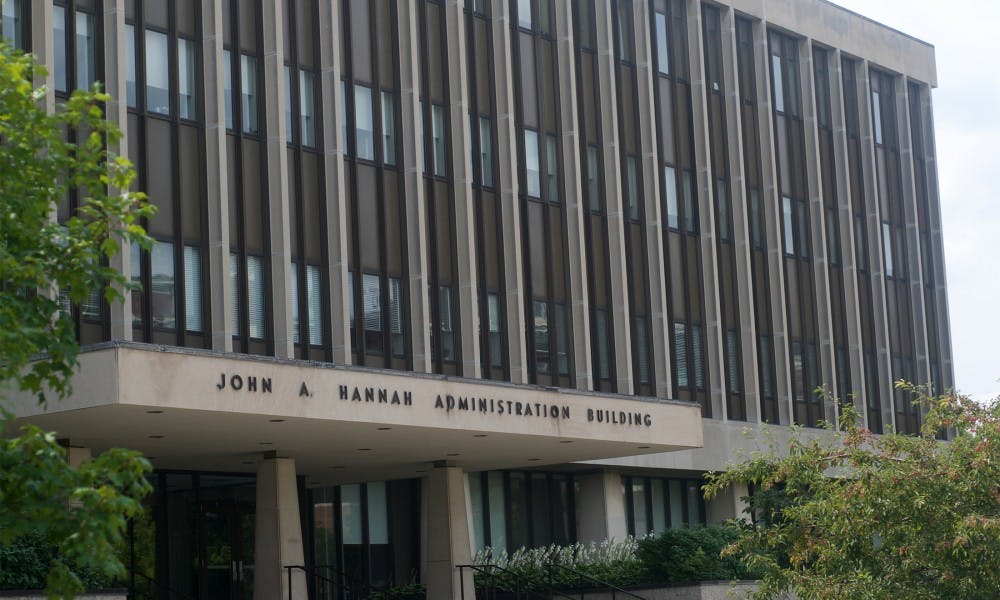Results of a survey, directed by the Association of American Universities, or AAU, and developed by a social science research firm were released Monday morning, shedding light on both local and national perceptions of sexual assault on campuses.
Last April, 17.5 percent of MSU students responded to the survey. One of the most striking findings is that of the undergrads surveyed, one in four had experienced some kind of sexual assault.
The Sexual Assault Climate Survey, administered to 27 universities across the country, had the extensive goal to track the nation-wide student body's perception and response to sexual assault on college campuses. More than 150,000 students took part, including 8,352 from MSU. In all, the AAU had a 19.3 percent response rate, lower than what was hoped for.
"Among female undergraduates, 24.8 percent experienced completed or attempted nonconsensual penetration or sexual touching involving physical force or incapacitation."
MSU statement
At MSU, 13.2 percent of students reported being the victim of nonconsensual sexual contact, slightly higher than the 11.7 percent of students across the national survey, though "among female undergraduates, 24.8 percent experienced completed or attempted nonconsensual penetration or sexual touching involving physical force or incapacitation," according to an MSU statement.
Nationally, 23.1 percent of females reported the same.
The aggregate data revealed a very low reporting rate, where victims of sexual assault reported the incident to campus officials or local police only between five and about 28 percent.
MSU had a report rate of 28.1 percent, comparably low on the spectrum. The most common reason, 60.7 percent of respondents, for why a sexual assault victim did not report their assault was they did not feel like it was serious enough.
"Other reasons included because they were 'embarrassed, ashamed or that it would be too emotionally difficult,' and because they 'did not think anything would be done about it,'" according to the AAU.
Nationally, 63.3 percent of respondents said they believed campus officials would take their claim seriously if they reported it, whereas at MSU "84.5 percent of the students surveyed feel it is somewhat, very or extremely likely campus officials will take a report of sexual misconduct seriously."
The report also said transgender, genderqueer, non-conforming, questioning, and those who identified as something not listed on the survey, were more likely to be sexually assaulted. Also, the data reports nonconsensual sexual contact by physical force or incapacitation rates are higher than previous surveys have indicated.
Members of AAU and Westat, the firm which helped to host the survey, held a media phone conference Monday to explain some of the results and answer questions.
Westat Vice President David Cantor said an extensive non-response bias analysis was done and they found sexual assault victims were more likely to take the survey and thus certain types of estimates would be too high.
MSU spokesperson Jason Cody said a sexual assault advisory board, coming out of the Office for Civil Rights investigation, will help comb through the data in the coming weeks to figure out the next step for MSU.
However, underreporting is still a major issue which MSU seeks to resolve.
"We need to continue to do a better job in fostering a climate, a culture here at MSU, where people feel comfortable coming forward," Cody said.
The full report for MSU can be read here and the national data can be found on AAU's website.
Support student media!
Please consider donating to The State News and help fund the future of journalism.
Discussion
Share and discuss “Survey reveals nearly 1 in 4 undergrads who responded experience sexual assault” on social media.


